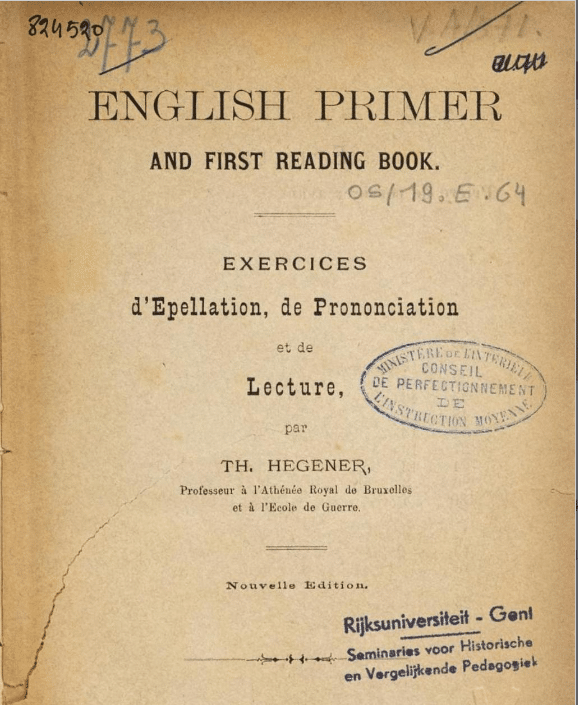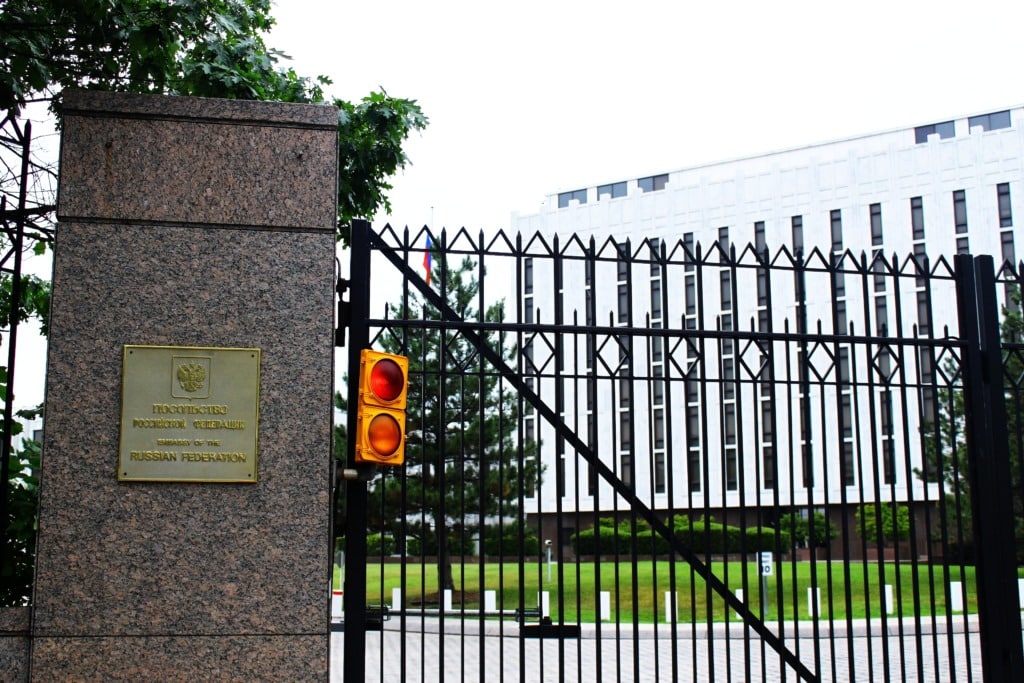Service of process both provides a defendant with notice of a lawsuit and asserts the court’s authority over the defendant. Proper service is necessary to obtain a judgment that will be recognized in other jurisdictions. In the United States, service can be accomplished through private parties. Many foreign states, however, regard service as a public act that can only be effectuated by government officials. That difficulty is addressed by the Hague Service Convention, to which the United States is a party and with which compliance is mandatory when a case falls within its scope.
Federal Rule of Civil Procedure 4(f), which incorporates the Convention, explains how to serve defendants in federal cases when they are located outside the United States.
A Primer on Service of Process
Serving process on a defendant does two things: (1) it asserts the court’s authority over the defendant; and (2) it provides the defendant with notice of the lawsuit. In the United States, process can be served by private parties. But many foreign states regard service as a public act that can be done only by…
Continue ReadingA Primer on Service-of-Process Clauses
A service-of-process clause is a contract provision that specifies how a summons and a complaint shall be served upon a person named as a defendant in a U.S. court. This post surveys the issues presented by such provisions. It first discusses the three most common varieties: (1) those that specify a method by which process…
Continue ReadingServing Process on Russia Through “Diplomatic Channels” Under the FSIA
A party suing a foreign state in federal or state court must comply with the Foreign Sovereign Immunities Act (FSIA). The FSIA governs not only when a foreign state is immune from suit and from execution, but also how a foreign state must be served with process. Section 1608(a) provides four possible methods of service…
Continue ReadingThe Impossibility of Schrödinger Service
In quantum physics, a system can exist in two states at the same time. When the system is observed, it settles into one of those states. The physicist Erwin Schrödinger found this notion somewhat absurd. In a thought experiment, he imagined a cat in a closed box with a flask of poison and a radioactive…
Continue ReadingServing Foreign Defendants’ U.S. Counsel to Avoid the Hague Service Convention
Plaintiffs are sometimes frustrated trying to serve process on foreign defendants through the Hague Service Convention. Sometimes, they ask federal district courts to authorize service by email as an alternative means. The problem with this, as Maggie Gardner and I have explained in detail, is that that the means of service provided in the Convention…
Continue Reading


